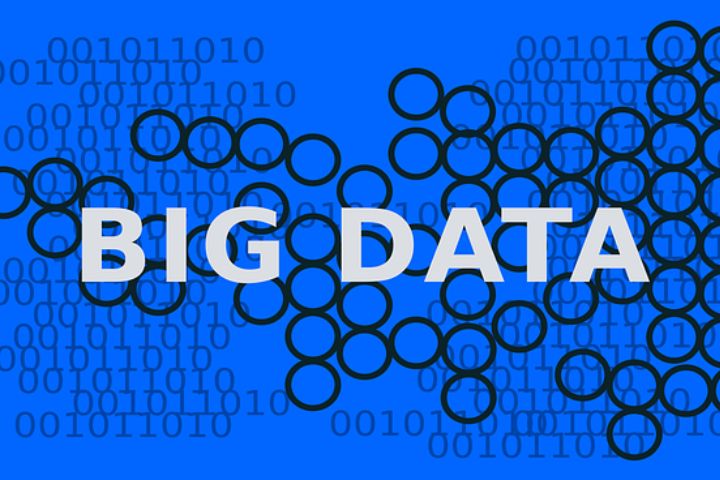Big Data : We are sure that the best gifts you have ever received were given to you by someone who actually pays attention to you: when you say which color is your favorite, which of your favorite clothes was ruined at the dry cleaners or what you would like to have, but you don’t dare to buy. That friend of yours pays attention to the data you make available to him, even without you asking him to. Now imagine that, but on a much larger scale. It is no longer just data, but macro data or big data.
Thanks to the use of applications, the different formats to which we have access to consume and produce (videos, images, texts) and the different interactions we carry out with brands, businesses, services and other people, we produce millions of terabytes of information. Have you ever thought about the amount of data that is shared in a minute, just on the internet?
So if managed wisely and chosen carefully, all that is very valuable. However, they are not that easy to handle. So we have set out to talk to you about (or that impressive amount of information) and how it can benefit your business.
Also Read : WiFi Routers
Table of Contents
Characteristics
In order for the information to be considered part , it must meet certain criteria that, in addition to quantity, have to do with quality. We leave you five characteristics that will help you identify what big data is within the entire flow of information:
1. Volume
Here we refer to measurements that cannot be reduced to simple gigabytes, but to amounts that require much more complex storage and enormous storage capacity.
2. Truth
Of course, the information that comprises it must be true and verifiable. It is not about adding numbers on a whim or invented: their origin must come from a reliable source that can be consulted.
3. Speed
We now have the advantage of capturing data in real time, so one of the characteristics of big data is also the speed with which it can be collected. After all, many of them come from actions in applications, websites or social networks.
4. Variety
It is also information that is obtained from different sources, which allows there to be no bias, but also no limits to what is learned from the analysis. If well managed, feeds the knowledge that a business has of its market, customers, public, industry, etc.
5. Value
At the end of your analysis, it will help you take action and recognize opportunities to improve the company at various levels. If there is no use for the information, whether to increase sales, have efficient processes, optimize your departments, get closer to your customers, attract investors or any action that means an improvement, then you should not consider them part of your big data.
Categories
Structured data: are those that have a defined size and format (generally numerical) and can be managed with spreadsheets and databases.
Unstructured data: they are disorganized and are not in a format that hierarchizes the information. We are talking about text or PDF files, or non-numerical information (such as emails) that we collect from social networks, images or videos.
Semi- structured data: they combine structured data with unstructured data because, although most of it is messy or without a defined format, it is possible to classify valuable data thanks to the use of labels.



